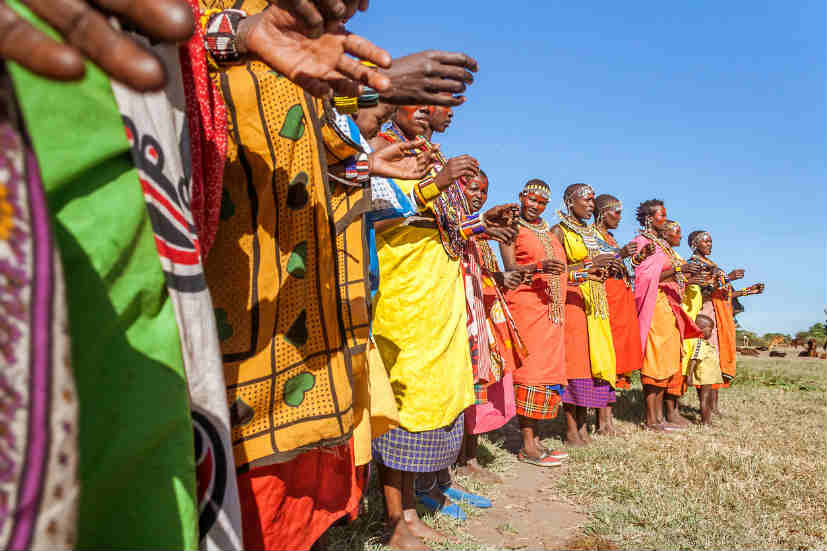Since the program’s inception in 2007, over 3mn urban residents and 9.2mn rural residents gained access to improved water sources. In addition, 5.15mn people were provided with improved sanitation by the project’s closure in 2015.
Challenge
Tanzania, a country in East Africa, was challenged with unstable and insecure fresh water supplies. Water is intrinsically tied to inclusive economic growth, food security, and poverty reduction. The lack of sound water supply and sanitation services (WSS) in Tanzania was a bottleneck to sustainable development. In 2005, over 14mn rural residents and 1.8mn urban residents lived without safe water. Moreover, around 10mn people in rural areas lived in poverty.> Due to insufficient maintenance in the WSS sector, Tanzania needed to improve integrated water resources management and development. In addition, it was important to improve investments in the protection and conservation of critical water sources such as aquifers and wetlands.
Approach
The design of the project was relevant to the needs of the wider water sector, economy, and society. With a focus on supporting the government’s poverty alleviation strategy, the project set out to improve the governance of water resources management through measures to boost the sustainable delivery of rural and urban WSS services.
This project is part of the first phase of the government’s five-year Water Sector Development Program, a 20-year program (2005-2025) that aims to improve water resources governance and management, among other goals.
With an eye towards reducing poverty and meeting the Millennium Development Goals (MDGs) for sanitation and hygiene, an important component of the project was strengthening water sector institutions. Central strategies for improving WSS service delivery included the following: promoting household adoption of latrines; installing hand-washing facilities in program villages of varying sizes; and engaging in capacity building activities to improve long-term water resources governance.
Results
The Water Sector Support Project (2007-2015) along with other development partners and the Tanzanian Government’s funding, directly benefitted 14,461,715 people in both rural and urban areas of Tanzania. A total of over 7 mn women benefitted from the program’s interventions. Through measures aimed at improving water quality, reducing poverty, and increasing access to sanitation, the project served as a lever of change toward a more inclusive Tanzania. The positive project results were due to the collective contributions of multiple development partners, and the World Bank was the overall coordinator of the multi-sector program.
The following key results were observed during the life of the project:
- 3mn people in urban areas were provided with access to improved water sources;
- 6 Basin Water Offices were fully operational and implementing an approved plan for integrated basin water management, in addition to a Central Water Board;
- 2mn people in rural areas were provided with access to improved water sources;
- 5,150,000 people were provided with access to improved sanitation;
- 35,908 water points were developed in program areas;
- 244,270 new piped household water connections were created;
- 4,330 water user permits and 24 discharge permits were granted;
- Water supply investment and capacity building under the project benefited 23 regional centers, as well as water supply and sanitation authorities;
- Several institutional bodies (e.g. steering committee, water sector working groups, technical working groups) were established;
- 1,680 schools constructed new or upgraded their school sanitation facilities;
- 16,183 villages signed the declaration to improve household sanitation.
Bank Group Contribution
The World Bank initially provided the Republic of Tanzania with credit, through the International Development Association, in the amount of US$200mn for the project. Additionally financing for the IDA credit of US$44.9mn equivalent was approved in May 2014, totaling to a refinanced IDA credit of US$244.9mn equivalent. Actual IDA financing at project closing amounted to US$251.69mn equivalent.
Beneficiaries
In Kidotoni village, Kilimanjaro region, Matilda Ngianaeli, 52, is enjoying access to a newly provided water scheme that is solar powered. Ngudu High School, with 881 students and 49 teachers, is one of the many institutions that now has access to water.

